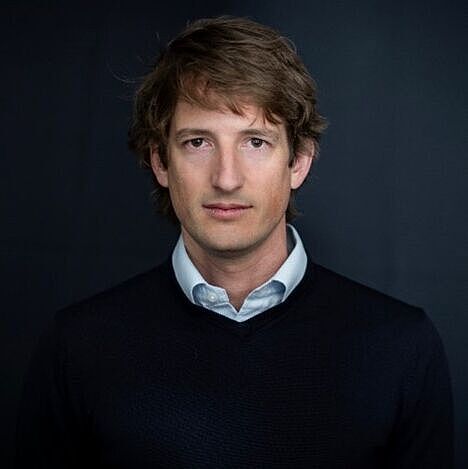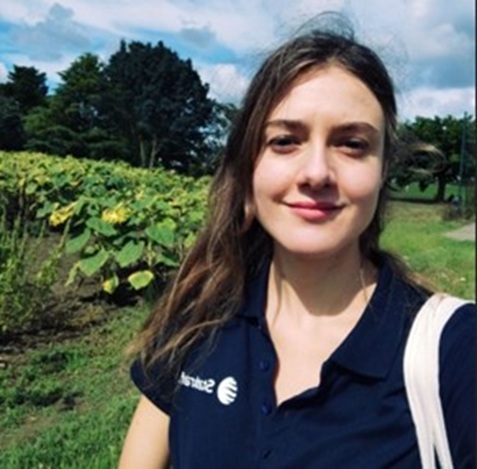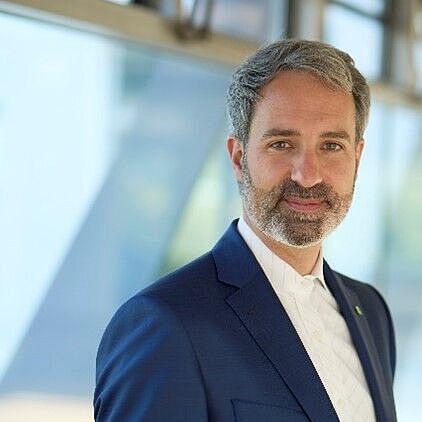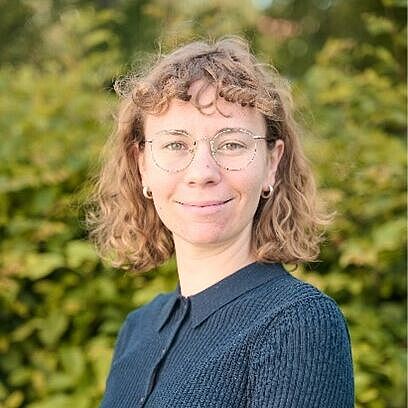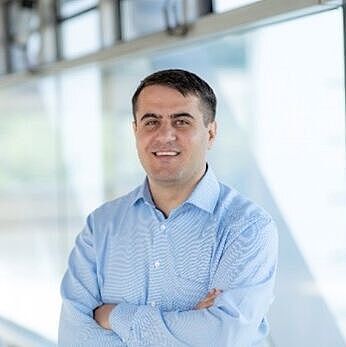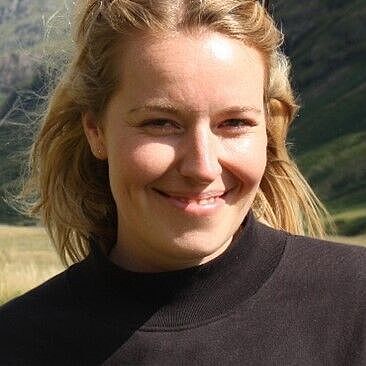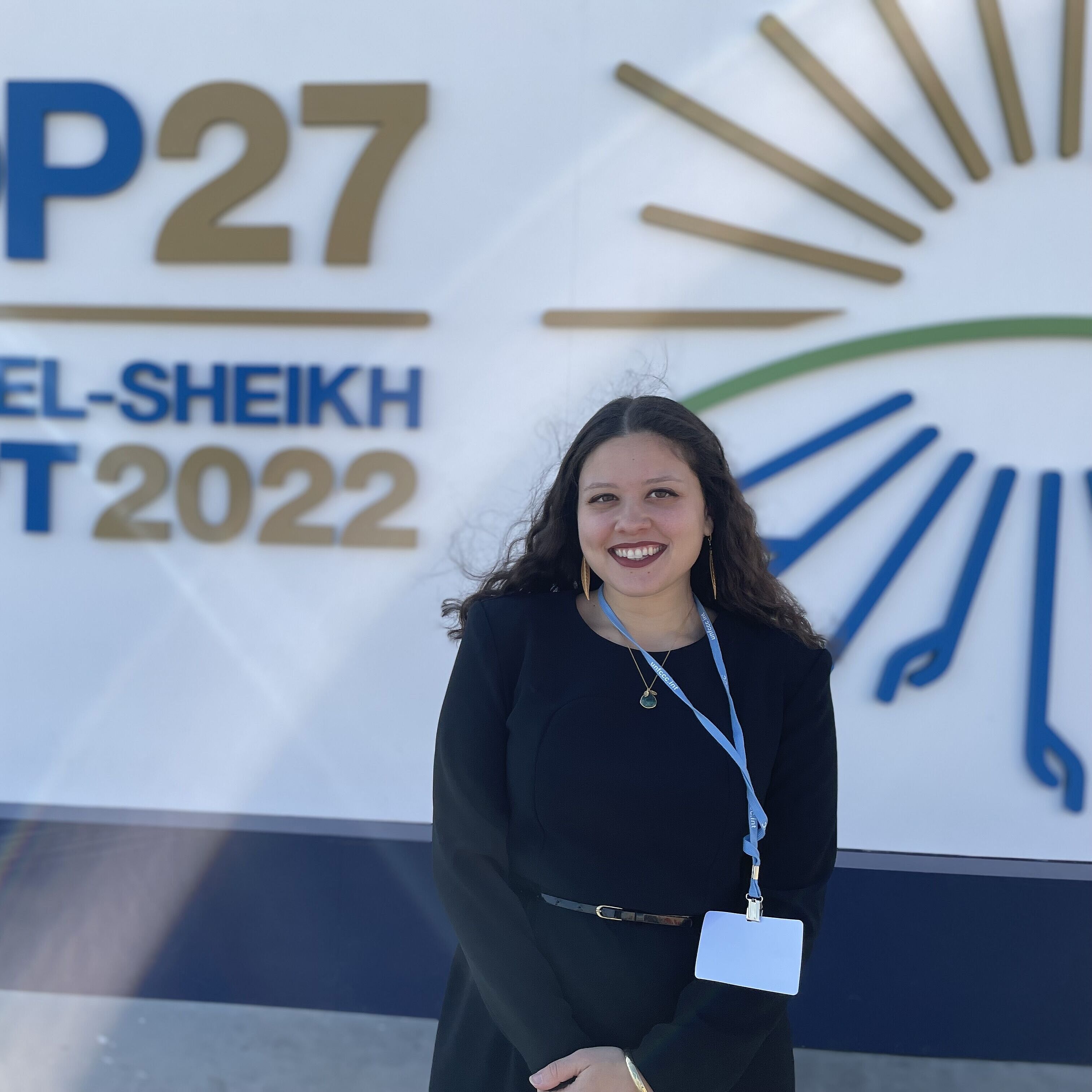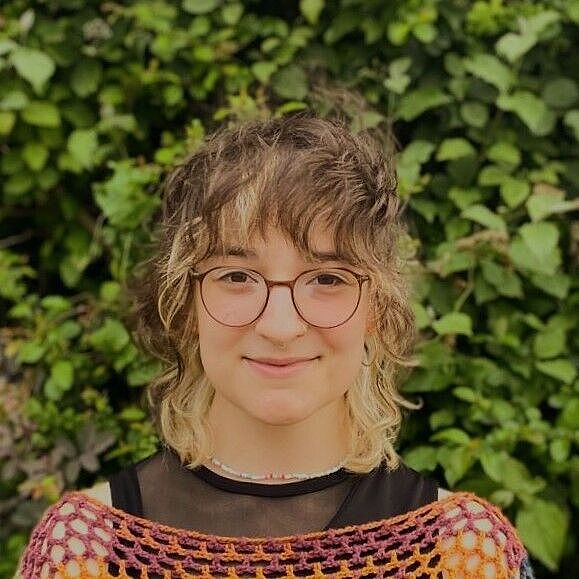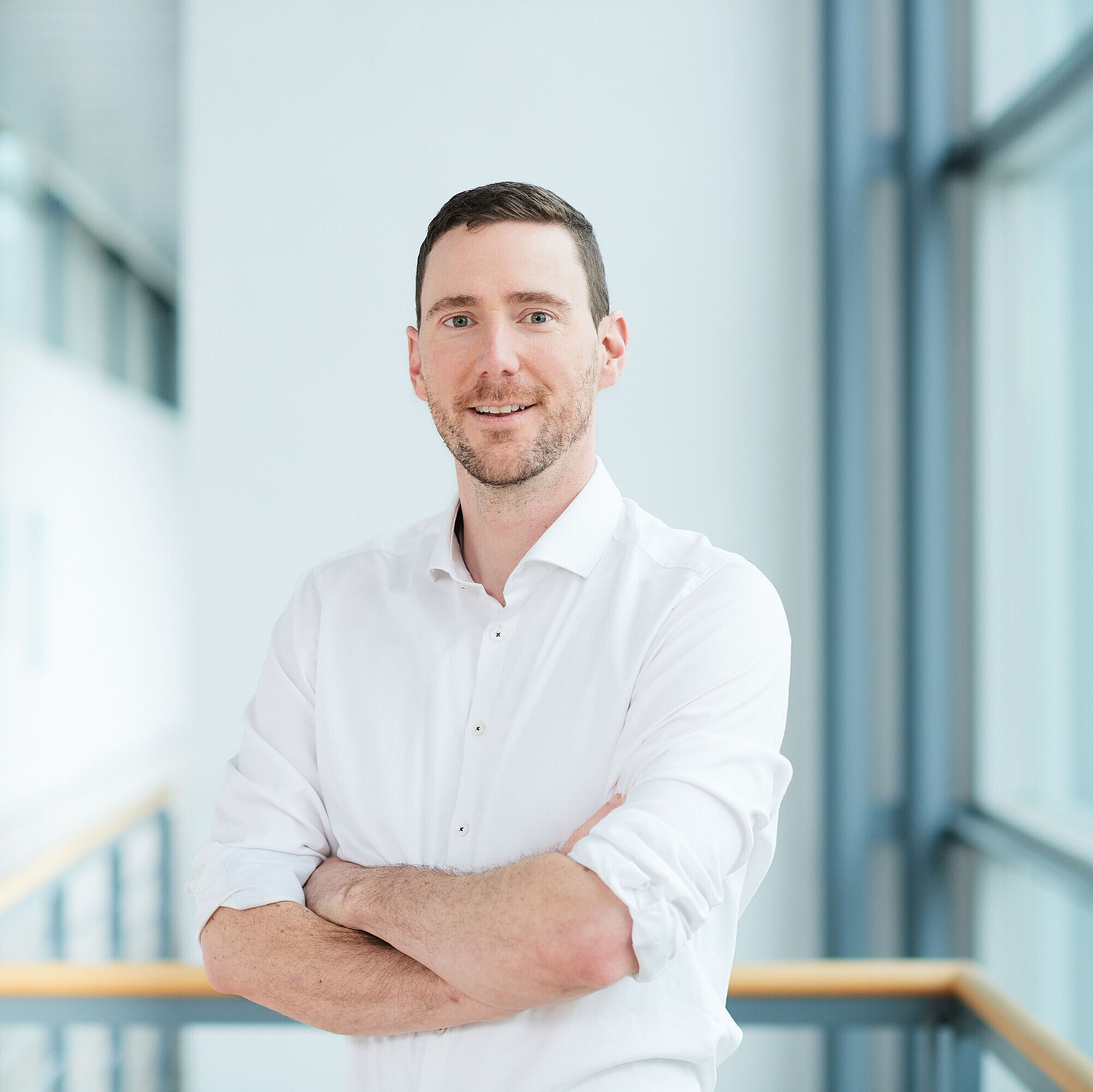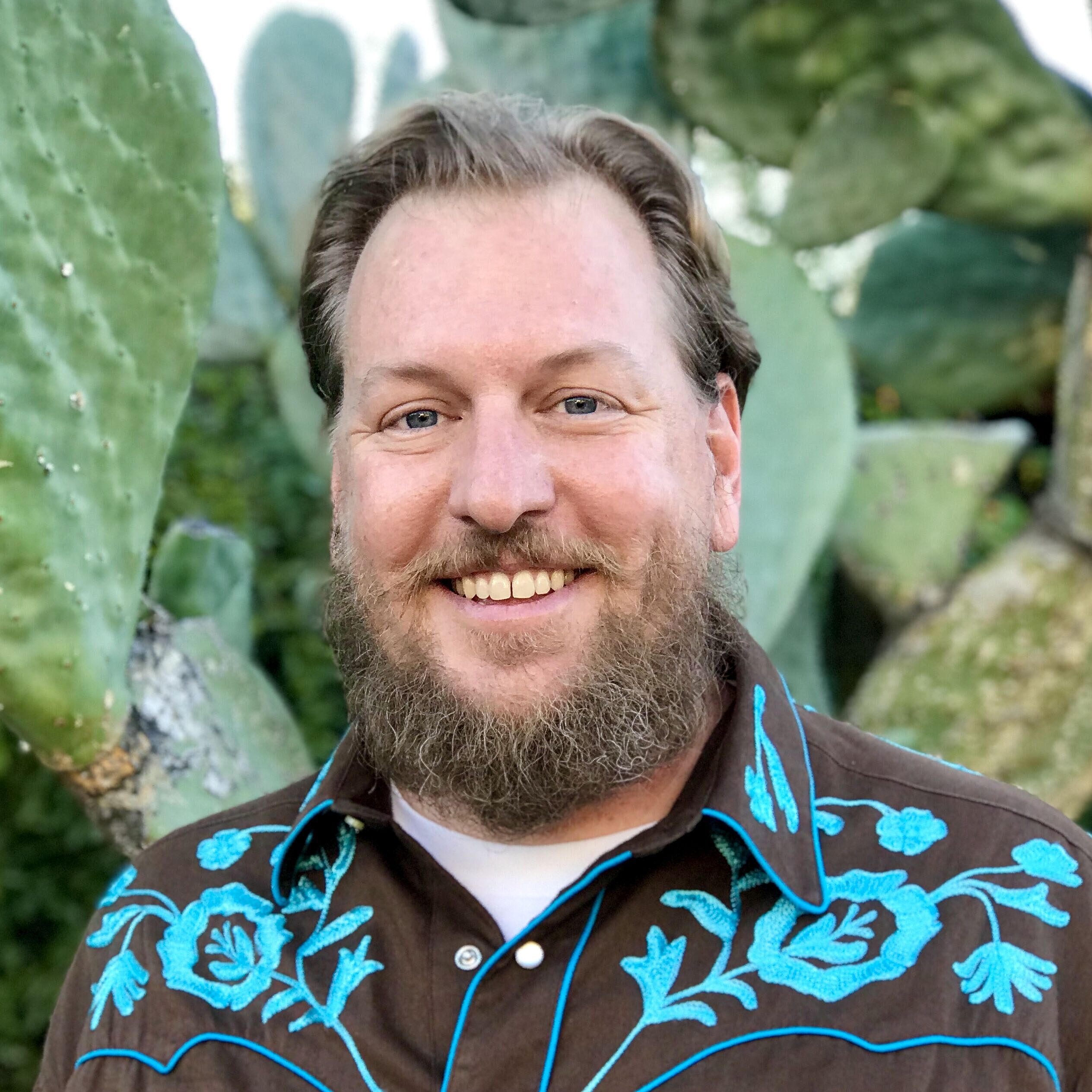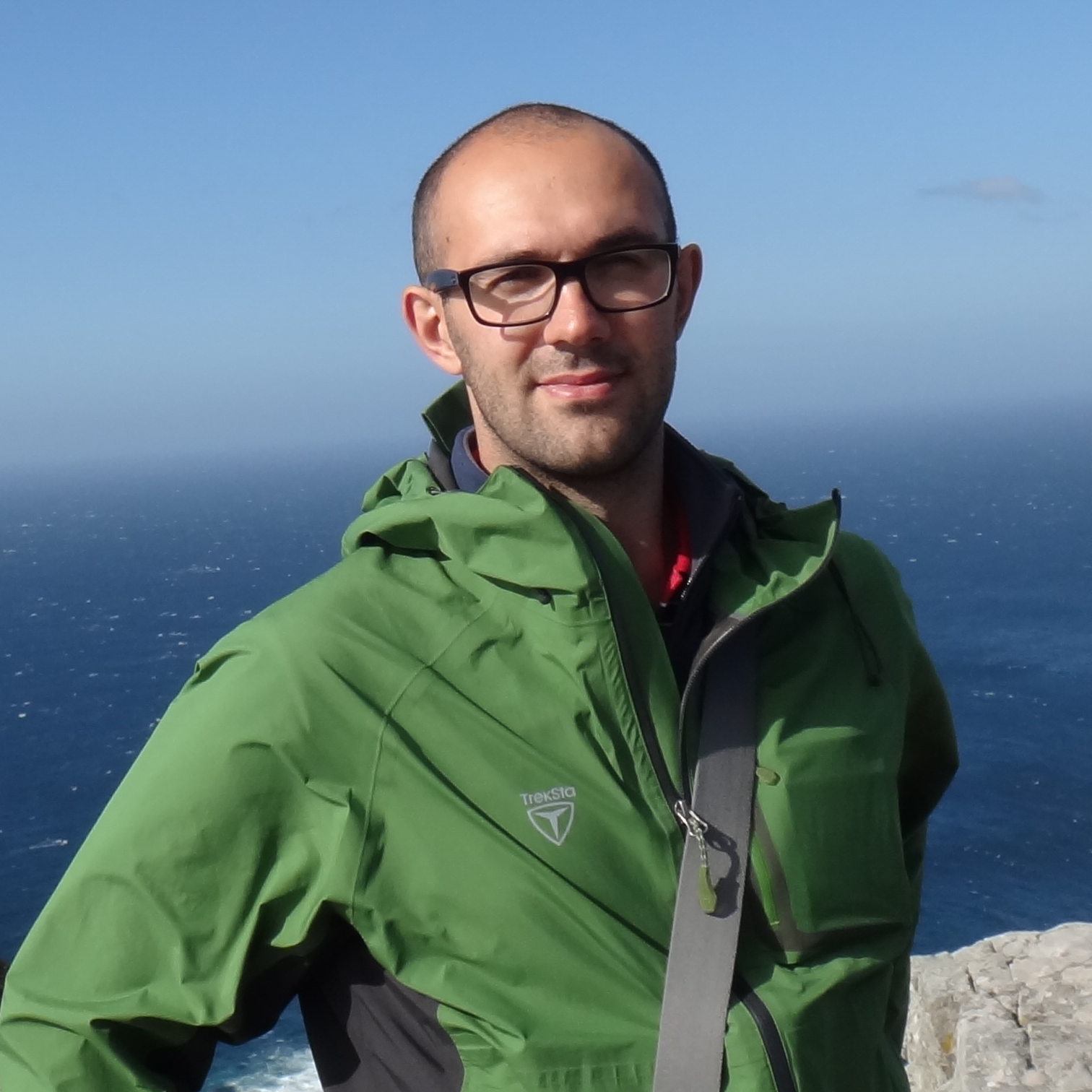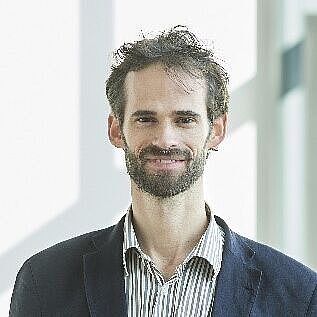AgriVoltaics Summer School
For the very first time, the AgriVoltaics Conference 2025 will offer an AgriVoltaics Summer School during the week after the conference, from Monday, July 7 to Friday, July 11, 2025. The AgriVoltaics Summer School, hosted by Fraunhofer ISE, is a unique opportunity for researchers, students, and professionals to deepen their knowledge of agrivoltaics.
The AgriVoltaics Summer School will take place at the Solar Info Center Freiburg, which is located near the AgriVoltaics World Conference venue.
This five-day immersive program will cover key topics related to agrivoltaics, including business models, agriculture, PV technology, environmental impact, and socio-economic aspects. Participants will engage in interactive lectures, hands-on sessions, and discussions led by experts from academia and industry.
The language of the Summer School is English.
Program Overview
Each day of the Summer School will focus on a specific topic:
- Monday (Business Focus): Market trends, business models, and project development insights from France, Italy, and Germany.
- Tuesday (Agriculture Focus): Plant physiology, agricultural practices, and crop modeling.
- Wednesday (PV Technology Focus): Fundamentals of PV technology, agrivoltaic module technologies, and tracking algorithms.
- Thursday (Environmental Focus): Microclimate modeling, biodiversity, soil topics, and life cycle assessments.
- Friday (Socio-Economic Focus): Economic considerations, legal aspects, standardization, and social acceptance.
Beyond the Classroom
In addition to expert lectures, Summer School participants can attend:
- Networking dinners – Engage with fellow participants and experts.
- City Tour of Freiburg – Explore the historic and sustainable city at the heart of the energy transition.
- Farewell Dinner – Celebrate the conclusion of an enriching week!
A detailed agenda will be posted here at a later date.




